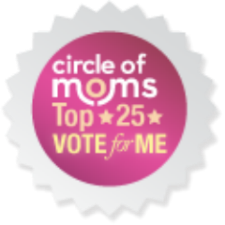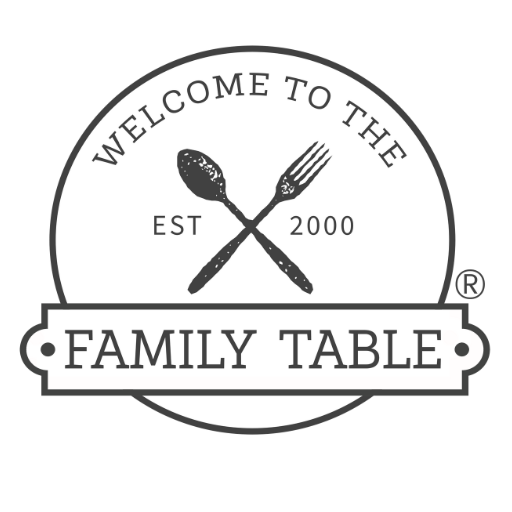How to Create a Unit Study

I am honored and excited to introduce to you:
Felice Gerwitz is owner of the Ultimate Homeschool Expo and Co-Author of Creation Science Unit Studies. Read, comment, share, and connect as Felice shares about How to Create a Unit Study.
Unit studies may not be the flavor of the month in the current homeschool climate but for me it is the epitome of what real homeschooling is all about. Why? Because it keeps the family together, engaged and excited about learning from the youngest to the oldest child.
A unit approach emphasizes the reading of many books related to a topic, rather than isolated textbooks, encourages discussion and research on the part of the children, thereby making learning more natural and retention of information much more successful. This is ideal for parents with children of different ages. It keeps the family united and speaking from experience, it can be very enjoyable providing life-long memories.
A frequently asked question is how long does a unit-study take? It can take several months broken up into six to eight week topical studies, or up to a year depending on your level of instruction. Ultimately, the choice is yours! For example, our creation studies to serve as a yearlong unit study, or to supplement your current curriculum for an in-depth study of creation with an apologetic focus.

Another great question is how do I get started? Most topics naturally bring in other subjects. The first thing to do is decide on your broad topic of study. Will it be science, history, literature or art and music? Once you’ve decided on a topic the ideal is to bring in as many subjects as you can. In other words, if you are creating a study surrounding history you would pick a period of time, look at the people who lived during that time, scientific advances or discoveries, historic events of significance, map the geographic locations, and tie in fun assignments in art and music to round off your unit study. Reading and writing are also included due to the research element, and if your children are older they can write papers or create mini-books, journals, lapbooks, or timelines on the topics they’ve studied.

If you wonder if unit studies are a complete curriculum, they can be with the addition of a good reading or math program. While you can forgo the reading program in the older grades it is important to have a good phonics foundation in the younger. Checking for comprehensions is easy with a unit study because discussion abounds! As for math, our family uses text books. However look for ways to add math to your unit as it lends itself to the study. For example you can study fractals or the Fibonacci sequence which is so much fun and brings in a wonderful element for those who love art, puzzles or challenges.

What about prep time? We’re all busy right? Ideally it takes about one afternoon to plan a study and perhaps a few days to gather the supplies you may need. If you have a complicated study it may take a few days longer. Many moms plan unit studies in the summer and slowly gather the necessary supplies in advance.
Scheduling is the most time consuming part of any unit study. If you are creating your own topical study you will need to first create an outline of the main points you would like to study and then the days you’d like to complete your activities. For example, in my unit studies I decide on the days I plan to execute experiments, or activities. Sometimes it is three days per week and other times it may be two days a week. The other days are spent in reading, researching and gathering the information needed to perform the experiments. Use experiments and hands-on activities as a culmination of the study rather than a haphazard activity just to say you’ve completed an assignment. Unit studies are still the core of my homeschool 25 years later; I hope you decide to give it a try!
Felice Gerwitz has five children, and graduated two. She, and her husband Jeff own Media Angels, Inc. Felice is a mentor to homeschool moms and hosts a webinar series with year-round expos, the Ultimate Homeschool Expo. She especially enjoys ministering through her online series, her hallmark Mommy Jammies Nights a once-a-month gathering for moms online. All of her live sessions are open and free for all to attend. To learn more about Felice, visit http://www.MediaAngels.com
Dear Friends,
If you enjoy reading my blog, would you please take 30 seconds of your time to vote for me? I’ve been nominated for the Top 25 Homeschooling Blogs on Circle of Moms. Click the icon below and it will take you to the voting page and just click “vote”! You can do this once every 24 hours thru June 27. Thank you for all your support. I truly am blessed by each and every one of you!


 Felice Gerwitz has five children, and graduated two. She, and her husband Jeff own Media Angels, Inc. Felice is a mentor to homeschool moms and hosts a webinar series with year-round expos, the Ultimate Homeschool Expo. She especially enjoys ministering through her online series, her hallmark Mommy Jammies Nights a once-a-month gathering for moms online. All of her live sessions are open and free for all to attend. To learn more about Felice, visit
Felice Gerwitz has five children, and graduated two. She, and her husband Jeff own Media Angels, Inc. Felice is a mentor to homeschool moms and hosts a webinar series with year-round expos, the Ultimate Homeschool Expo. She especially enjoys ministering through her online series, her hallmark Mommy Jammies Nights a once-a-month gathering for moms online. All of her live sessions are open and free for all to attend. To learn more about Felice, visit